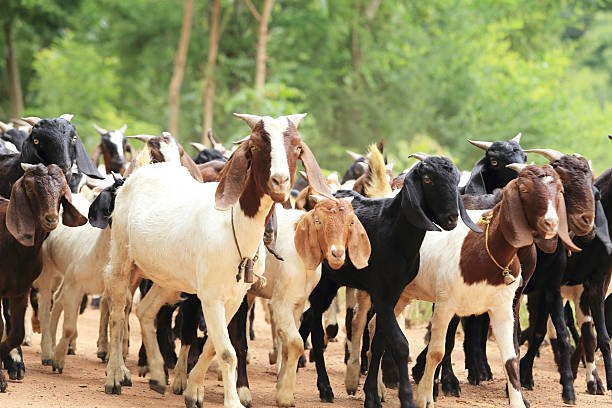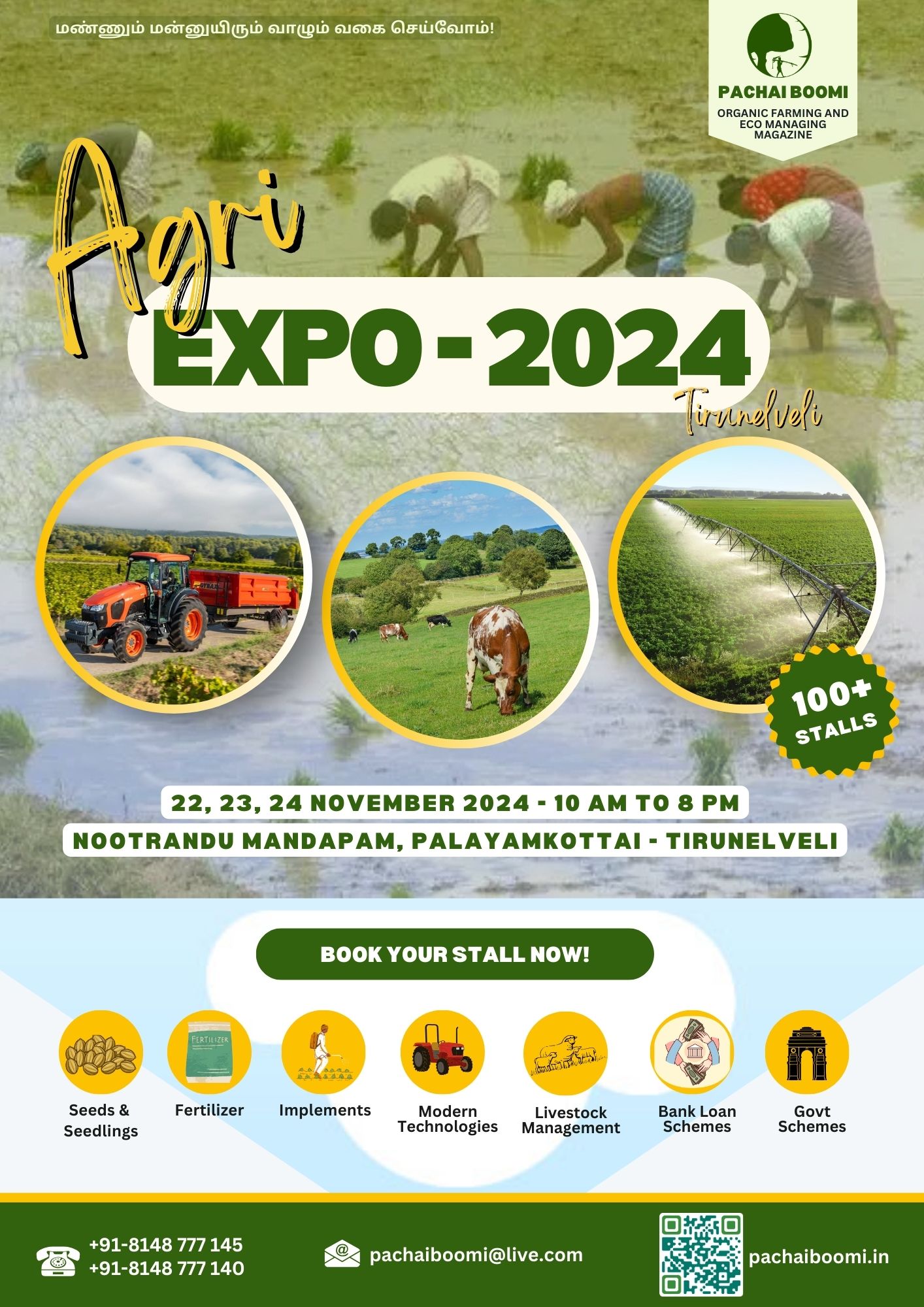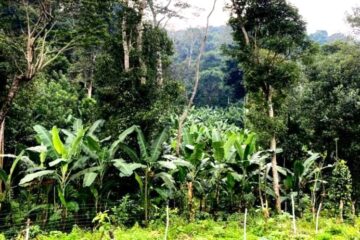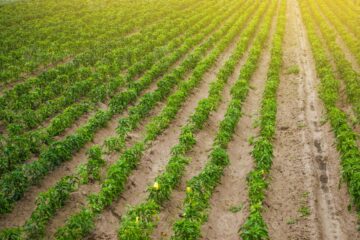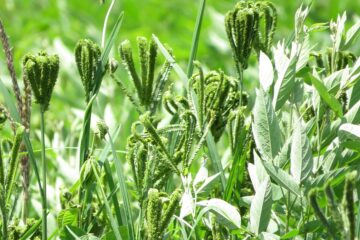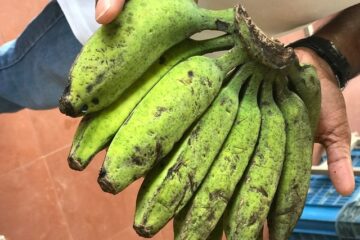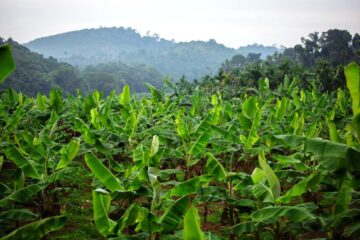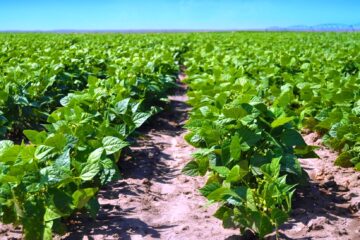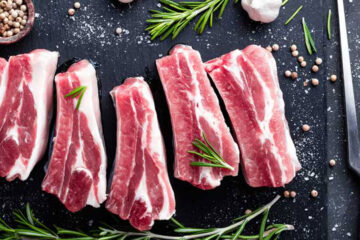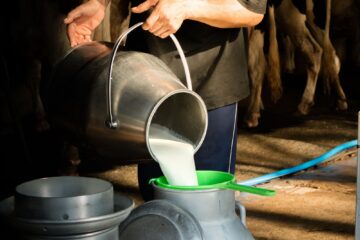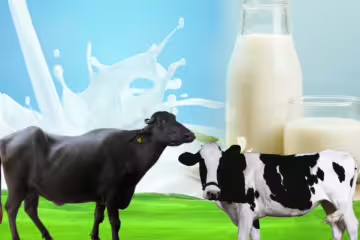Published: October 2017.
Educated but unemployed youth in villages and those looking to start their own businesses are showing significant interest in goat farming. The primary reason for this interest is that goats provide a quick source of cash, require minimal maintenance, and yield high returns. Additionally, the market price of goat meat is steadily increasing, adding to the allure.
Goat Breeds
- Kanniadu:
- Origin: Tirunelveli
- Features: Black skin with white/red stripes on ears, underbelly, and tail.
- Kodiadu:
- Origin: Thoothukudi
- Features: White with black and reddish-brown patches.
- Salem Black Goat:
- Origin: Salem, Dharmapuri, Erode
- Features: Black color.
- Thalacheri Goat:
- Origin: Kerala
- Features: White, brown, and black colors.
- Barbari Goat:
- Origin: Delhi, Haryana, Uttar Pradesh
- Features: White and brown colors.
- Jamunapari Goat:
- Origin: Uttar Pradesh
- Features: Long ears.
- Boer Goat:
- Origin: South Africa
- Features: White body with red head and neck.
Selection Process
Breeding stock should ideally come from a doe that births 2-3 kids. Goats should be tall, have a broad chest, and a long body. Heavier male kids should be selected at six months, and quality female kids at three months for rearing.
Rearing Methods
- Grazing Method: Allow goats to graze for 8-10 hours a day.
- Mixed Grazing and Penning: Graze for 4-5 hours, then provide feed in pens.
- Penning Method: Keep goats in pens 24/7.
- Raised Platform Method: Raise the floor 3-4 feet above ground with wooden planks.
Breeding and Maintenance
For profitable goat farming, goats should give birth three times in two years.
- Maturity Age: 6-8 months
- Breeding Age: 12 months
- Estrus Cycle: 18-21 days
- Estrus Duration: 24-72 hours
- Gestation Period: 150 days
- Post-Birth Estrus: 21 days
- Breeding Lifespan: 5-8 years
- Sale Age: 6-8 months
- Sale Weight: 20-25 kg
Feeding and Nutrition
Goats need green fodder, dry fodder, and concentrated feed. Farmers can prepare concentrated feed using locally available grains.
Daily Feed Requirements:
- Green Fodder & Grass: 3 kg for adult goats.
- Dry Fodder: 400 grams.
- Concentrated Feed: 100 grams.
Green Fodder Options:
- CO-3, CO-4 Cumbu Napier, Velimasal, Rabbit Masal, Sawnal, Glyricidia, Kodukkapuli, Neem, Kalyana Murungai, Uthi, Maravalli, Banyan leaves, Arasa leaves, Mango leaves, Jackfruit leaves, Karuvel, Velvel, Poovarasu, Murungai, Elanthai, Vagai, and Agathi keerai.
Dry Fodder Options:
- Maize stover, Cumbu stover, sorghum stover, groundnut hay.
Concentrated Feed Mix:
Ingredients for 100 kg:
- Maize or corn: 35 kg
- Groundnut or sesame cake: 20 kg
- Wheat bran: 42 kg
- Mineral mix: 2 kg
- Common salt: 1 kg
Feed Quantities:
- 50-75 grams for kids daily.
- 100-150 grams for growing goats daily.
Disease Prevention
Goats are susceptible to various bacterial and viral diseases. Timely vaccinations are crucial to prevent these diseases.
Vaccination Schedule:
- Peste des petits ruminants (PPR):
- First Dose: At 6 months
- Booster: Annually
- Goat Pox:
- First Dose: At 2 months
- Booster: Annually
- Enterotoxemia:
- First Dose: At 6 months
- Booster: Annually
- Foot and Mouth Disease (FMD):
- First Dose: At 3-6 months
- Booster: Annually
- Blue Tongue:
- First Dose: At 6 months
- Booster: Annually in outbreak areas
- Hemorrhagic Septicemia (HS):
- First Dose: Within 48 hours of birth
Parasite Control
Goats can be affected by internal and external parasites.
- Internal Parasites: Flatworms, roundworms, tapeworms.
- External Parasites: Lice, ticks, mites, flies, mosquitoes.
Regular deworming is necessary, with monthly deworming for kids up to six months and every three months thereafter. Proper treatment can prevent external parasites. For any illnesses, treatment as advised by a veterinarian is essential.
Dr. K. Devaki, Dr. K. Velmurugan, Agricultural Science Centre, Kattupakkam, Kanchipuram – 603 203.

